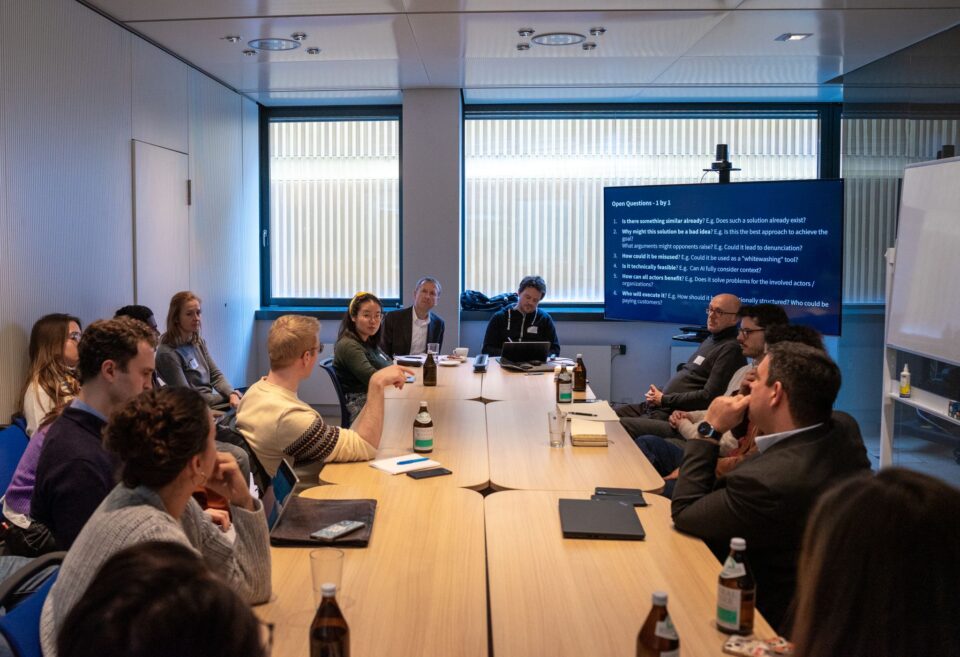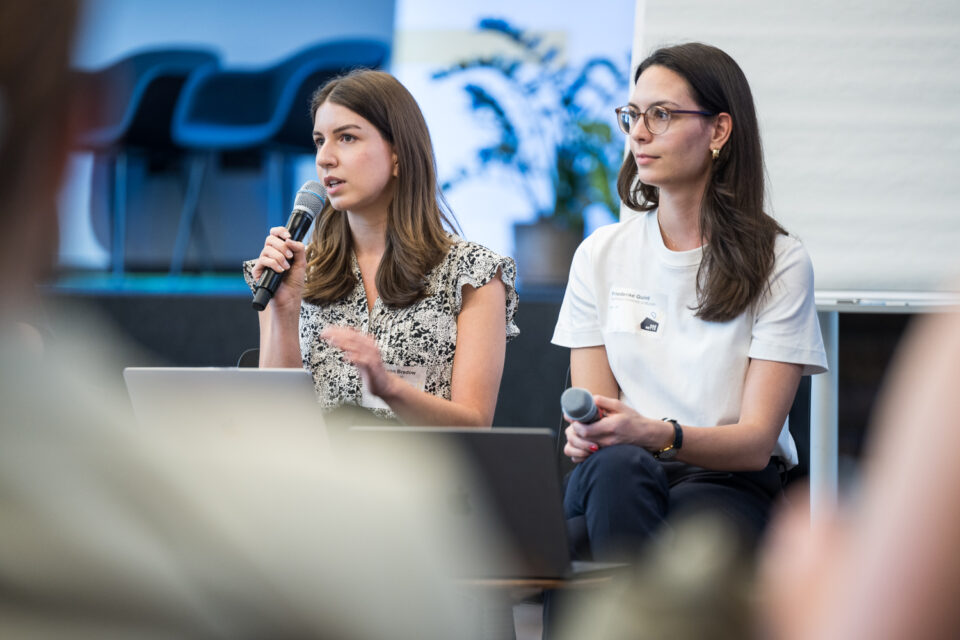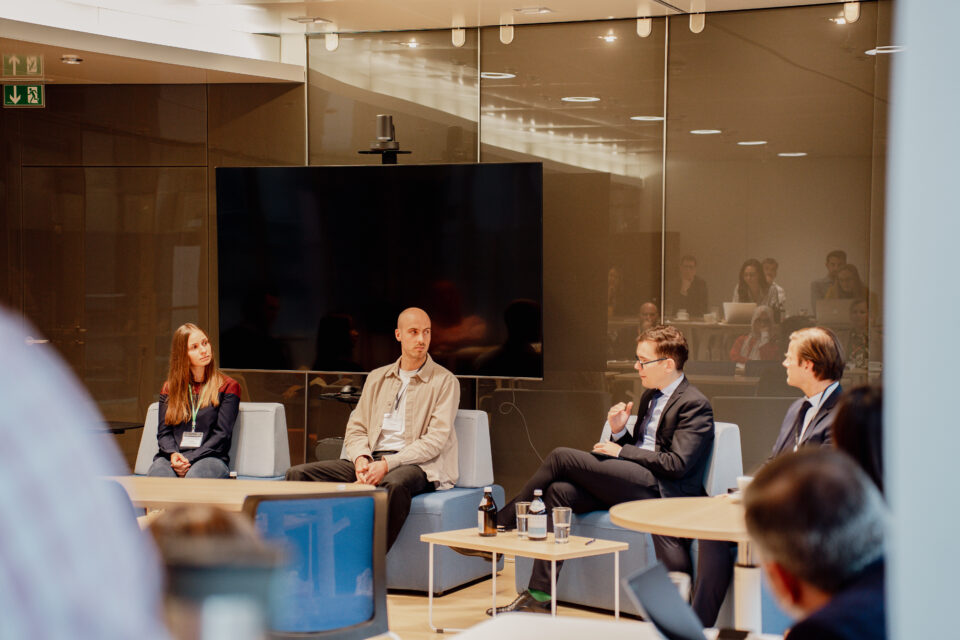Global Survey shows Rejection of Unrestricted Freedom of Expression
A report by the Content Moderation Lab
Where today's societal challenges meet tomorrow's technological excellence.

A report by the Content Moderation Lab
G


Uniting Academia, Civil Society, Public Sector, and Industry to Combat Toxic Online Speech
D


Joint Effort Against Toxic Online Speech
5 – 6 Dec 2024
F


Choosing between hard and soft deletion policies - A REMODE Policy Paper
D

 Tackling Online Hate
Tackling Online Hate REMODE Method
REMODE Method
Bringing together experts in the field to discuss this topic from the perspectives of governance, industry, and political behavior.
C

 Social Media and Content Moderation
Social Media and Content Moderation
Bringing together academics and practitioners to discuss current problems and potential solutions.
1 Feb 2023
R


A Challenge for Law, Politics & Society
R


How to effectively address hate speech and other forms of hateful content online from various angles.
31 Jan 2023
R


Identifying uncivil discourse online and including users in the question of how they want to deal with its moderation.
P
